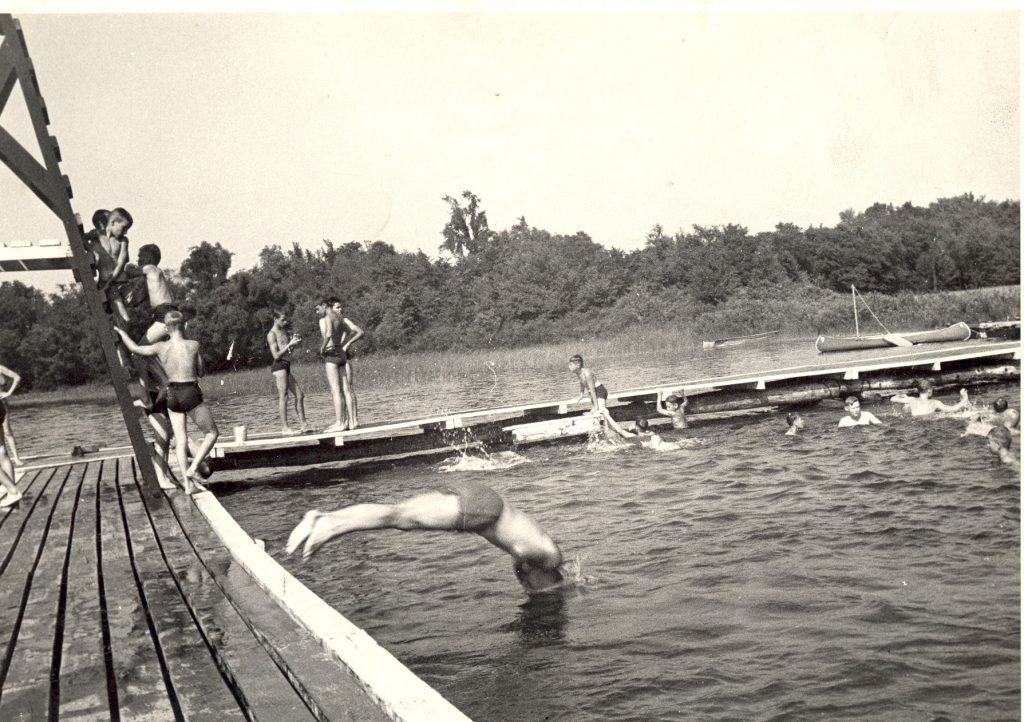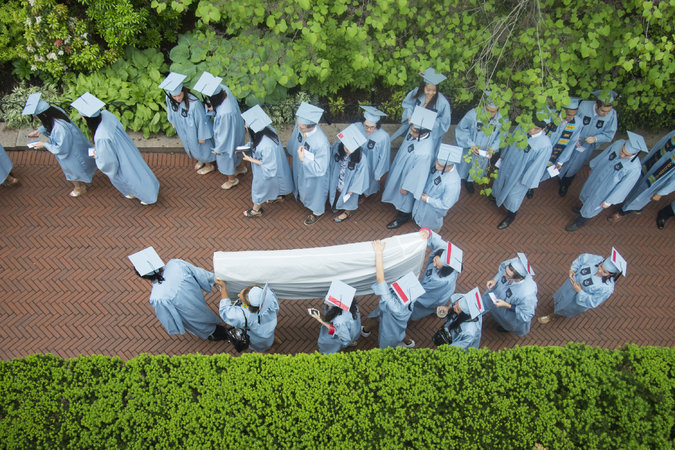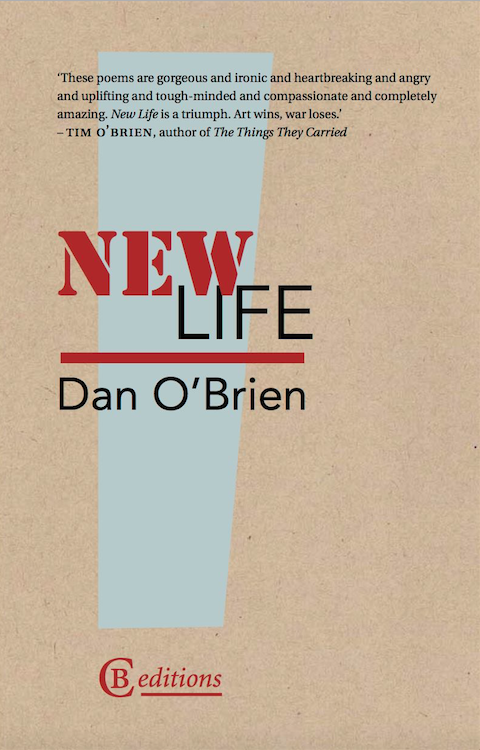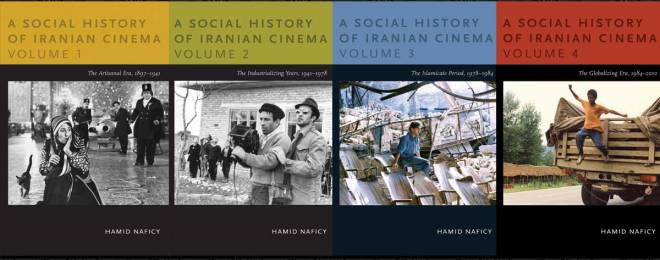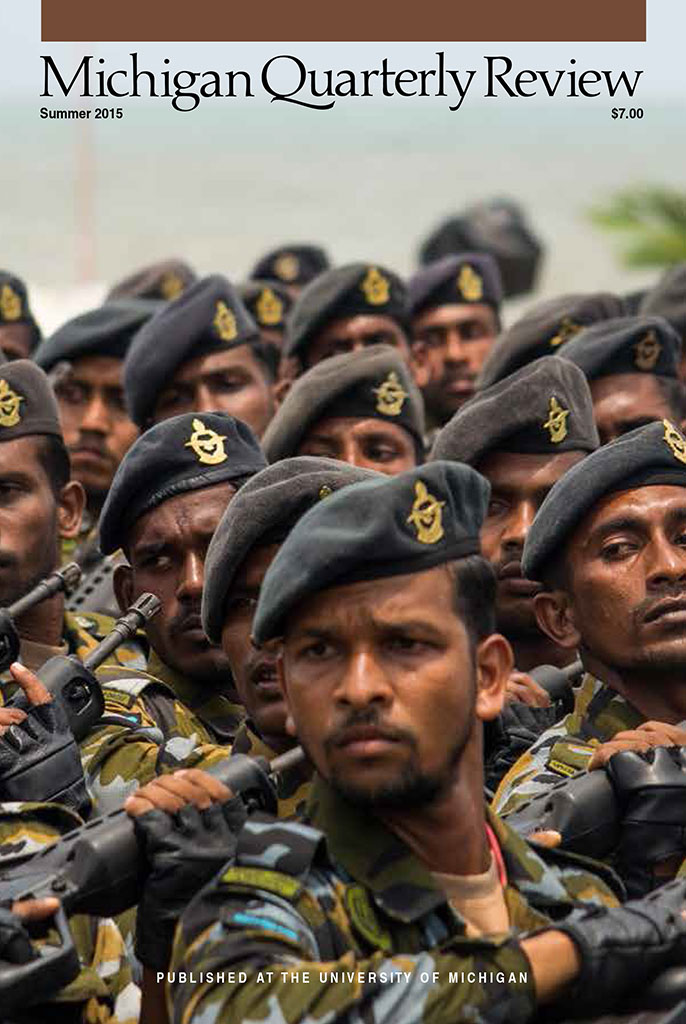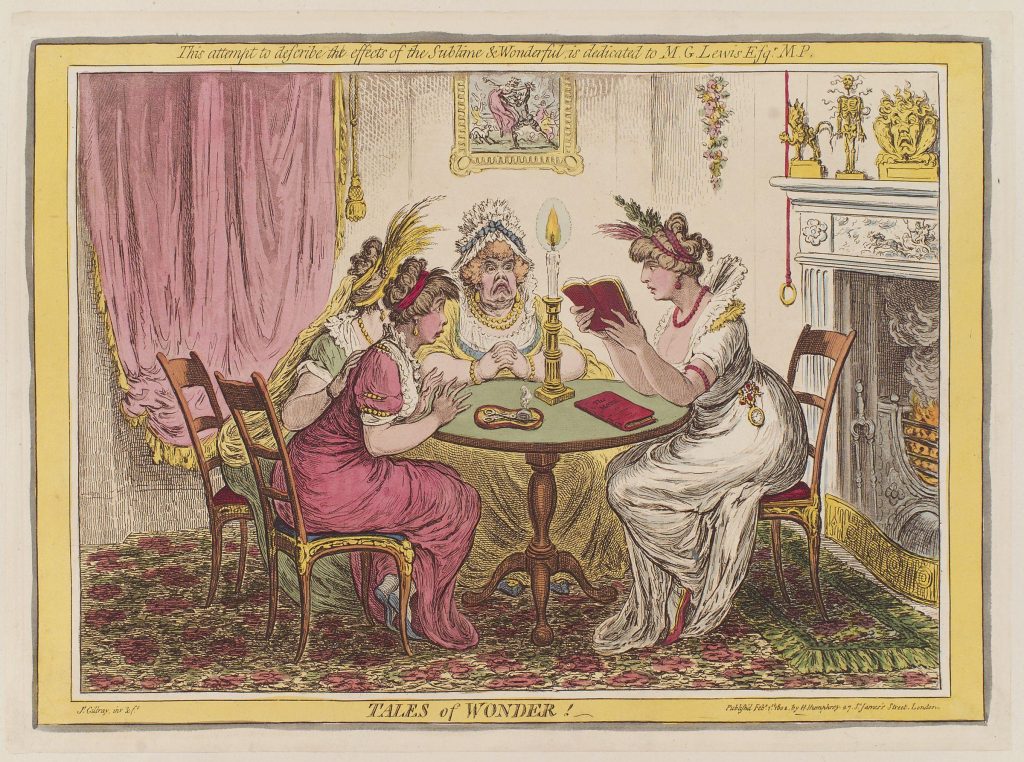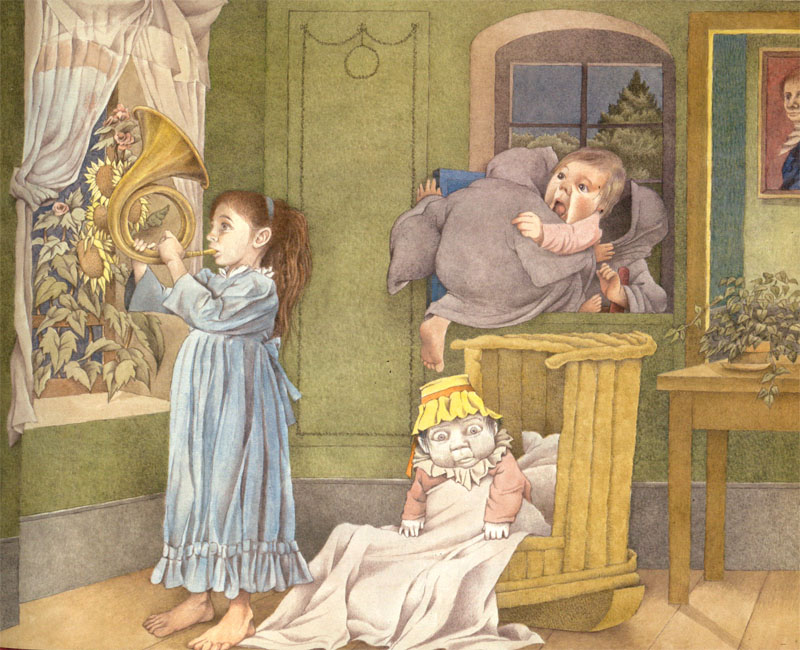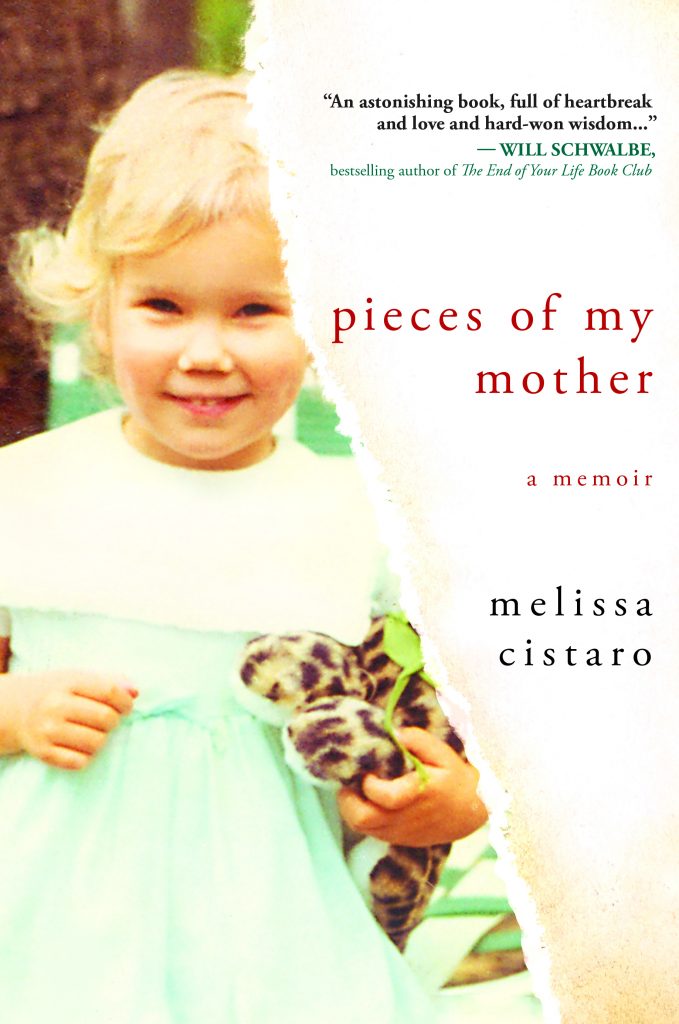Unsolved Histories: A Camper Lost, A Counselor Found, and the Legend That Wouldn’t Die
Once upon a time a boy named Bobby Watson drowned at my summer camp. This was in 1968. Thirteen-year-old Bobby had been playing an all-camp game of hide-n-seek when he spotted an old Kenmore refrigerator stationed on the far side of the docks. Indeed, it was a peculiar place for a fridge, but Bobby never questioned it; after all, where others saw a fridge he saw a perfect place to hide. He pulled the door wide (caree-eeek), and then pulled it closed behind him (click).
Unsolved Histories: A Camper Lost, A Counselor Found, and the Legend That Wouldn’t Die Read More »

